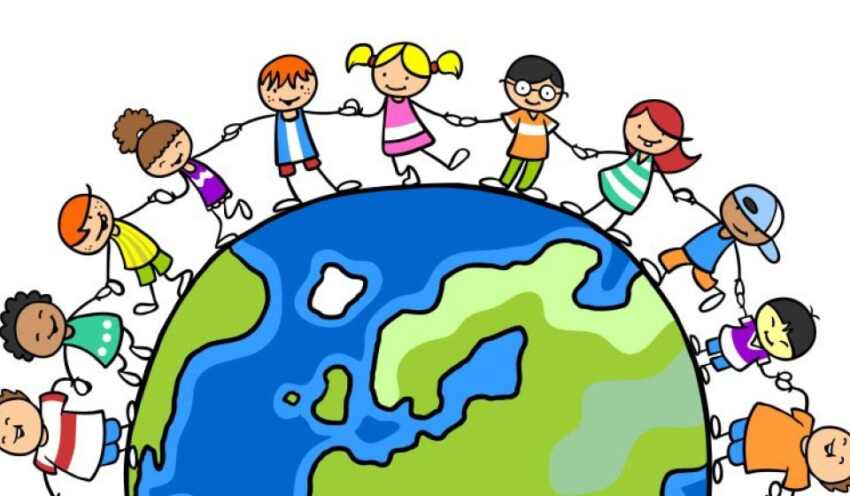Ensuring Children’s Rights: A Responsibility of All Nations
Children are the most vulnerable members of society and ensuring their rights is a responsibility shared by all nations. Promoting and protecting the rights of children is not only a moral imperative but also a legal obligation under international law. This article explores the importance of ensuring children’s rights and emphasizes that it is a collective responsibility that transcends borders.
What are children’s rights?
Children’s rights are the fundamental freedoms and protections that should be granted to all children. These rights include but are not limited to the right to life, education, health care, protection from abuse and exploitation, and the right to be heard. The United Nations Convention on the Rights of the Child (UNCRC), adopted in 1989, provides a comprehensive framework for protecting and promoting children’s rights.
The significance of children’s rights
Ensuring children’s rights is crucial for creating a just and equitable society. The well-being of children directly impacts the development and future of nations. Children who are educated, healthy, and protected from harm are more likely to grow into productive and responsible citizens. Moreover, upholding children’s rights helps break the cycle of poverty and social inequality, promoting social cohesion and sustainable development.
A global responsibility
Children’s rights are not limited to the jurisdiction of individual countries but extend to a global level. All nations have a responsibility to ensure that children within their borders enjoy their rights. However, this responsibility does not stop at national boundaries. Given the interconnectedness of today’s world, protecting children’s rights requires cooperation and coordination among nations. This includes sharing best practices, collaborating in research, and providing support to countries facing challenges in ensuring children’s rights.
Challenges in ensuring children’s rights
Despite international commitments, challenges persist in ensuring children’s rights worldwide. Poverty, conflict, discrimination, and lack of resources remain significant barriers to the realization of children’s rights. Many children are still denied basic education, healthcare, and protection from violence and exploitation. Moreover, the emergence of new challenges, such as online child exploitation and climate change, necessitates constant adaptation and collective action.
Promoting children’s rights through legislation
Legislation plays a vital role in ensuring children’s rights are protected. Countries need to enact laws that specifically address the rights of children and establish mechanisms for their implementation and enforcement. This includes laws related to child protection, education, healthcare, and child participation. Governments must allocate adequate resources for the effective implementation of these laws and ensure that they are in line with international standards set by the UNCRC.
The role of education and awareness
Education and awareness are essential in promoting children’s rights. By educating children about their rights, they become empowered to advocate for themselves and their peers. Likewise, educating parents, teachers, and communities about children’s rights fosters a supportive environment that values and respects the rights of children. Awareness campaigns and public dialogue play a crucial role in mobilizing society to take action and demand accountability from governments and institutions.
The importance of international cooperation
Realizing children’s rights requires international cooperation and collaboration. Nations must work together to share knowledge, resources, and best practices in order to overcome common challenges. International organizations, such as UNICEF, play a vital role in coordinating efforts and providing technical assistance to countries. Additionally, partnerships with civil society organizations, private sector entities, and academic institutions strengthen the collective response to ensuring children’s rights.
Ensuring children’s rights is a shared responsibility that transcends borders. All nations must uphold the principles outlined in the UNCRC and take necessary measures to protect and promote the rights of children. By prioritizing education, legislation, awareness, and international cooperation, we can create a world where children’s rights are universally respected, allowing each child to thrive and contribute to a more just and prosperous future.
Nidhin
For More Details Call: +917510220582
